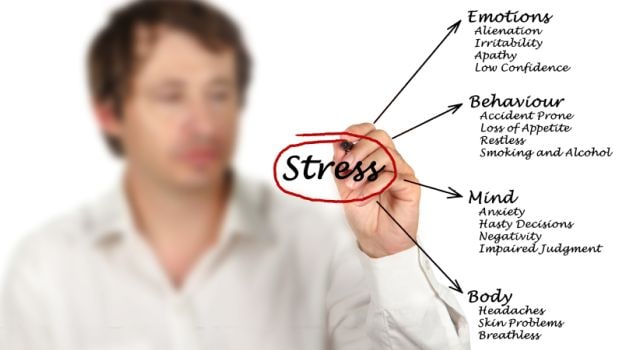All of the above leaves you wide open to stress -the silent devil. It manages to creep in, as a common case of nerves and before you know it, it starts taking a toll on you and consuming your life. Stress, very soon, leads to burn out. Burn out starts showing its colours with irritability, depressed moods, poor concentration, avoidance of work, resorting to substance, exhaustion, sleep disorders and more.

How can you help yourself?
1. The first thing to do is to remind yourself that you're a human being, just like your patients. Set boundaries, make time for yourself, share your problems with friends and family and keep an open mind to embracing vulnerability. Register yourself with a General Physician who you feel comfortable going to when you experience discomfort with health.

2. Keep a stress diary and take a day in the week to identify the stressors you have experienced. Reflect on them and find ways in which you can avoid the effect they have had.

3. Keep a schedule for the day and as uncertain as it may seem, do your best to stick to it. If 1.30 pm is slotted for lunch, take 15 minutes out for lunch than skipping or procrastinating meals.

4. Know that your mental health is in line with your physical health and that your job requires you to be in the best of shape when it comes to both of them. Identify your negative thoughts, identity exhaustion, identify irrationality and pay attention to how it is affecting your life.
 5. If you stop feeling like yourself and see your stress eating into you, consider options like psychotherapy and counselling. Like I mentioned before, you are only human.
5. If you stop feeling like yourself and see your stress eating into you, consider options like psychotherapy and counselling. Like I mentioned before, you are only human.
Adhering to these tips may not always seem possible especially when dealing with emergencies. But try putting them in use whenever time permits.
You must dwell in the pride of your profession. Celebrate your successes and learn from the failures. Know that there is only so much you can control and prevent. The best way to be mindful of your well being is to know the calming factors in your personality, the demands of the job and the culture around you.







